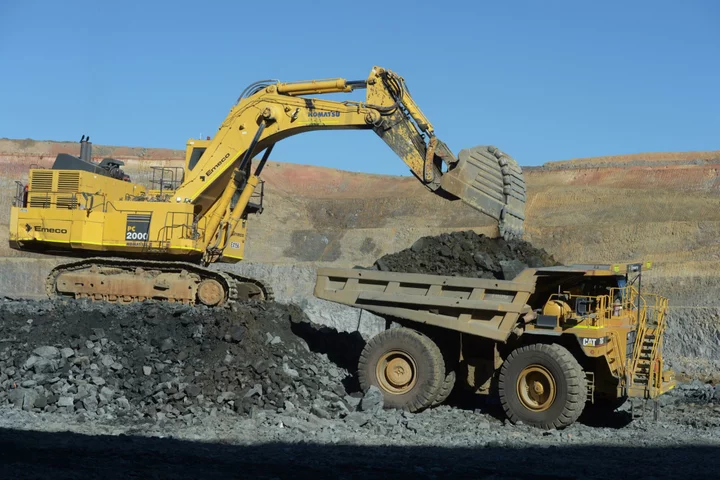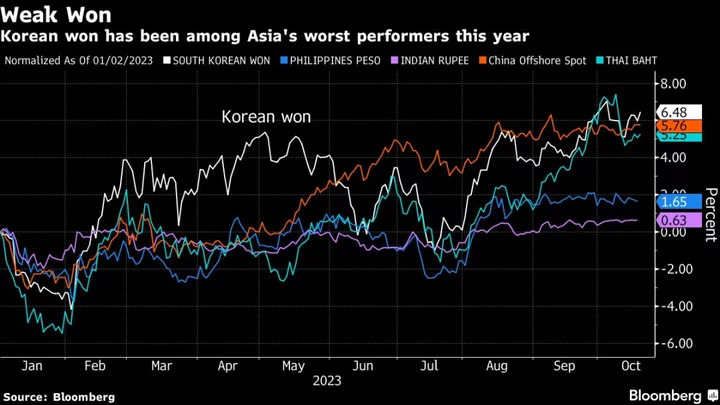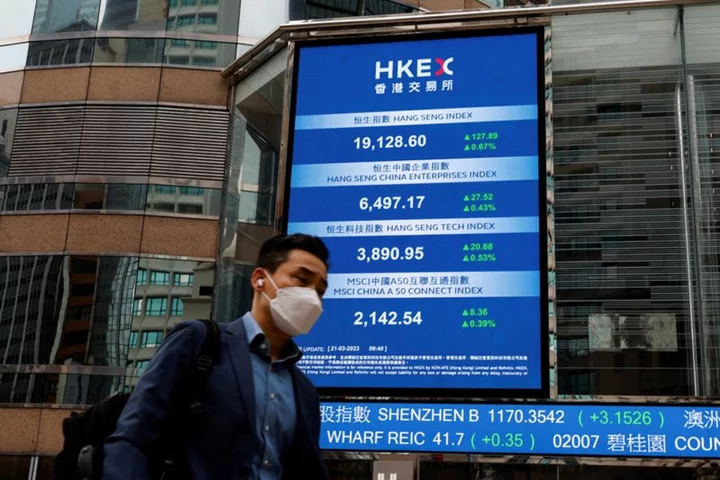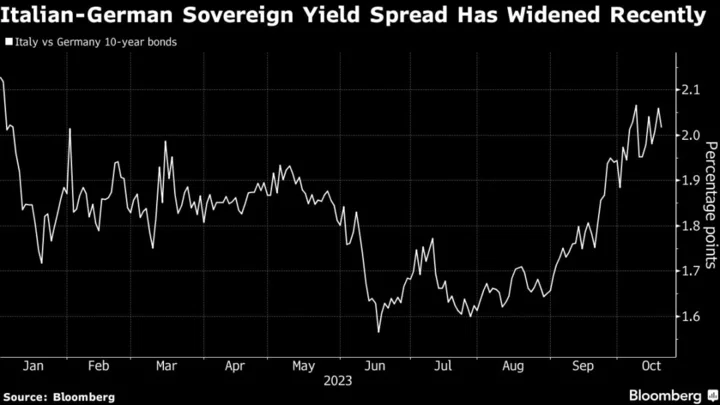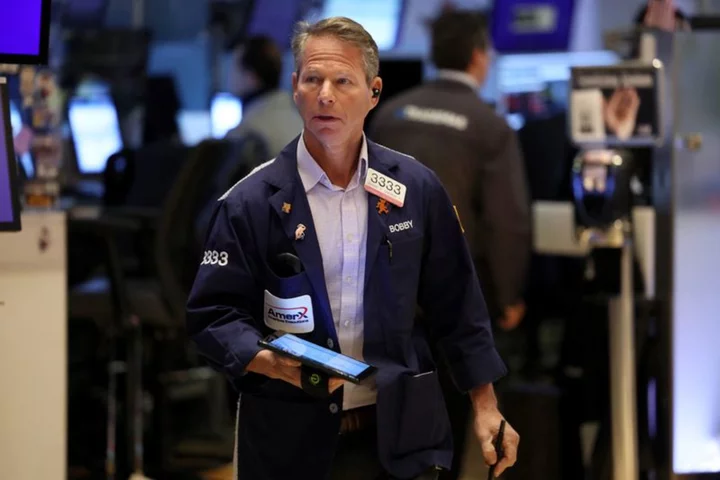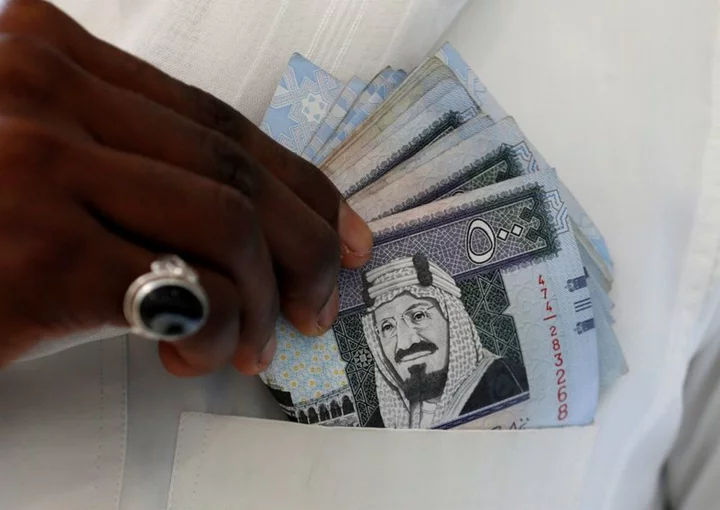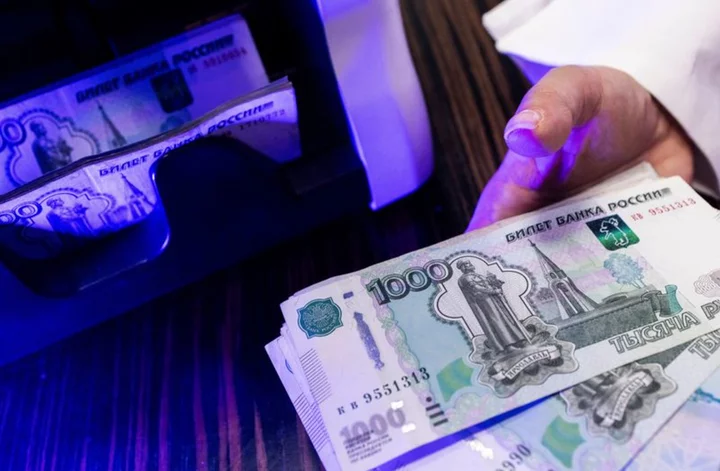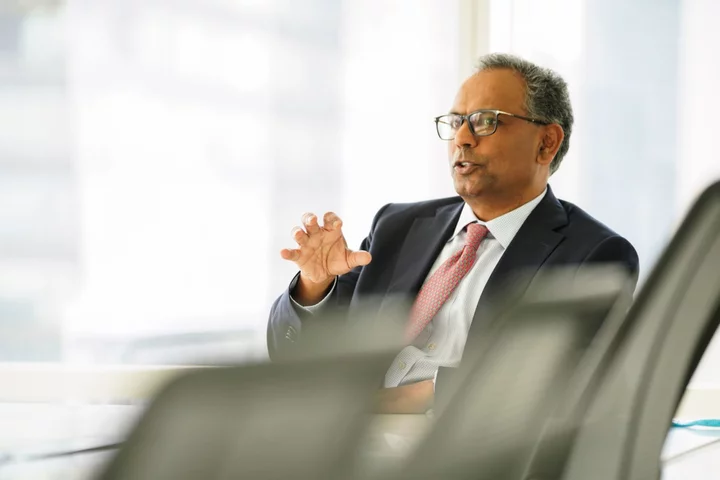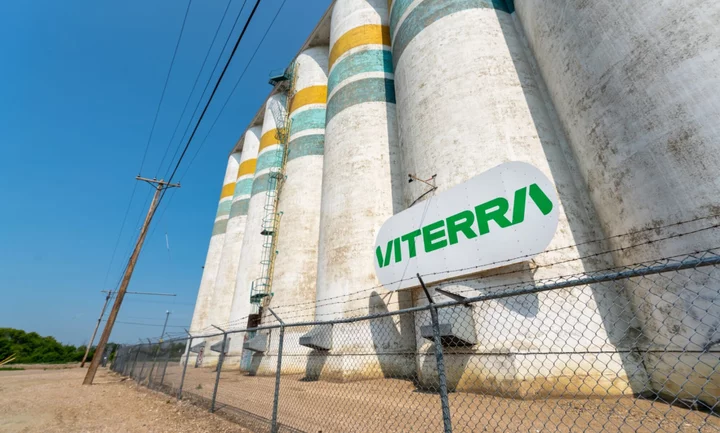President Joe Biden’s signature climate policy is helping drive a “golden age of mineral exploration” in Australia, as the US rushes to catch up with China on clean energy technologies, the Australian trade minister said.
Deals between Australian miners and US carmakers had already spurred increased investment in exploration and refining of battery metals, and the Inflation Reduction Act is accelerating that, Trade Minister Don Farrell said in an interview while visiting Detroit over the weekend.
The IRA pledges almost $400 billion in incentives and tax credits on clean technologies from electric vehicles to hydrogen manufacturing. Credits on EVs are only granted if a large portion of the minerals they use are extracted or processed either in the US or a country with a US free trade agreement. “That’s Australia,” said Farrell.
Australia is the world’s top exporter of lithium, a key material in EV batteries, and has large reserves of nickel, cobalt and rare earths. China is by far the biggest market for the nation’s minerals, but the US was increasingly appealing “given just how favorably treated Australia is in the Inflation Reduction Act as it relates to critical minerals,” Farrell said.
Farrell’s visit included a meeting with US Secretary of Commerce Gina Raimondo, in which decarbonisation was “the first topic that we’ve discussed,” he said, adding he saw an “enormous market” for battery metals in particular. He said he also discussed decarbonisation with Chinese Commerce Minister Wang Wentao.
Read More: Australian Trade Chief Eyes China Export Breakthrough for Barley
The IRA is part of a US push to develop new clean energy supply chains and reduce its reliance on China, which currently dominates the sector. But Farrell said Australia wanted to serve other markets as well, including China - where the vast majority of lithium goes today for processing. Australia’s diplomatic ties with China have strengthened recently after years of frosty relations.

